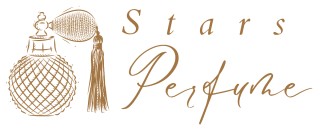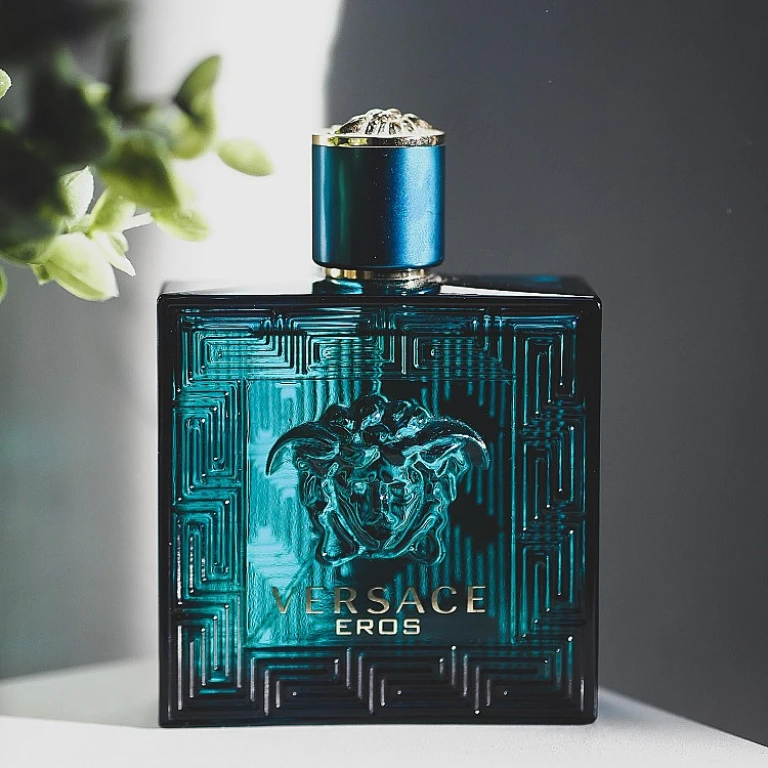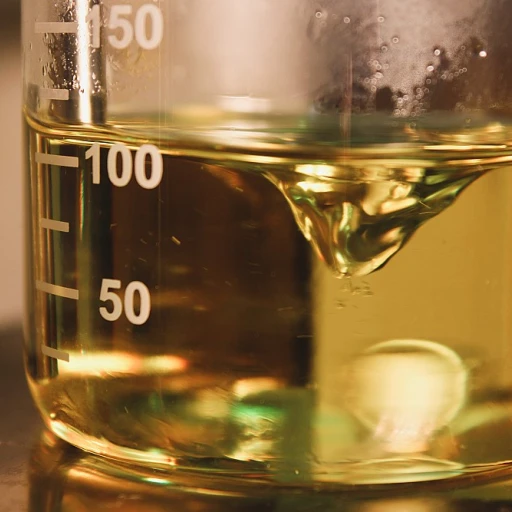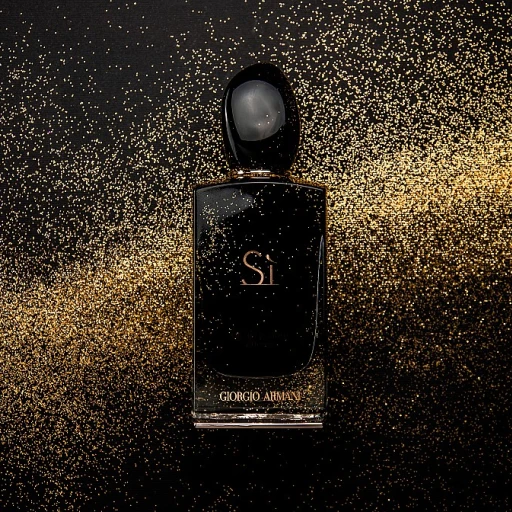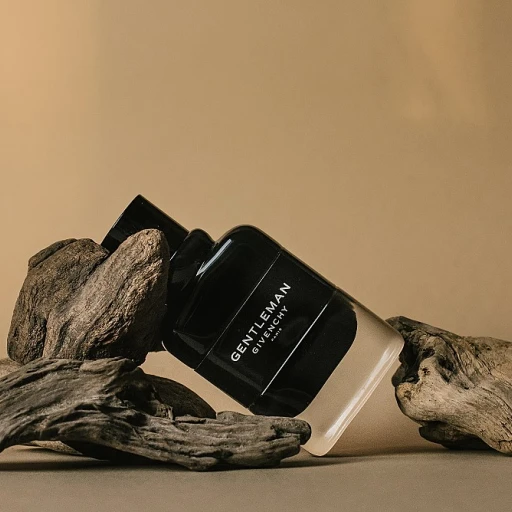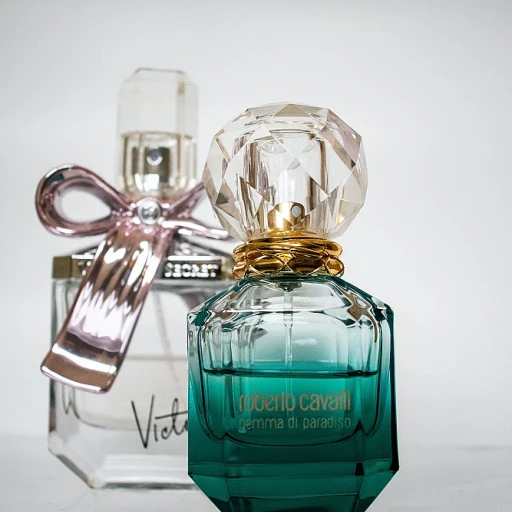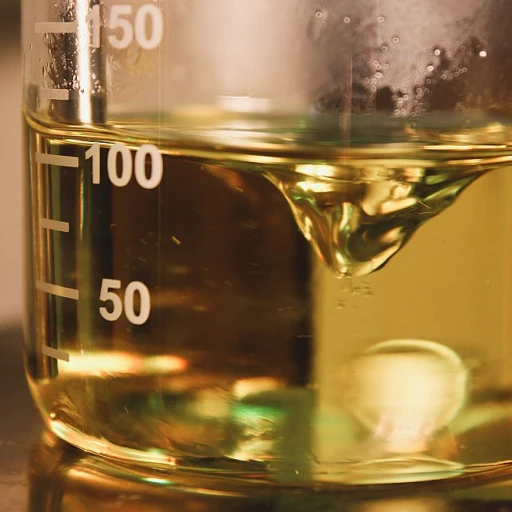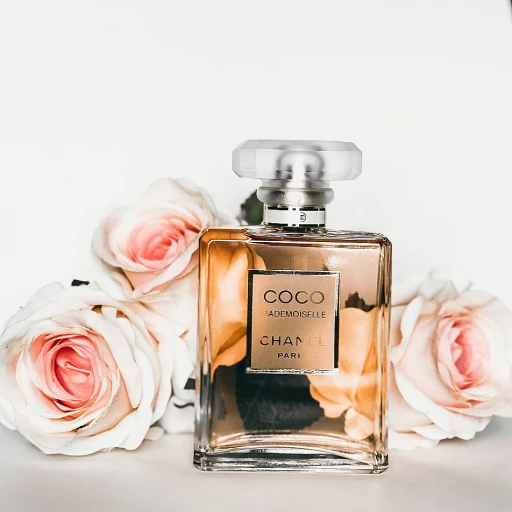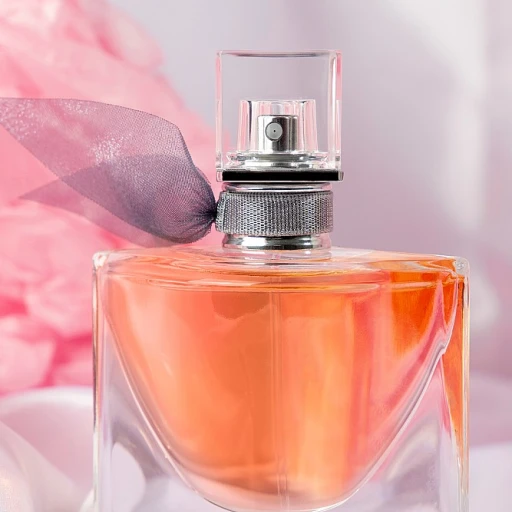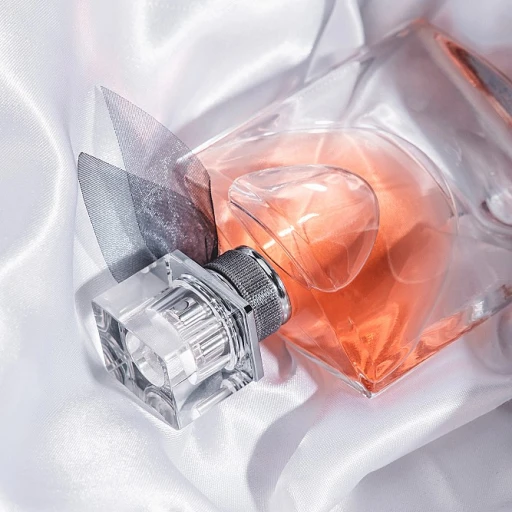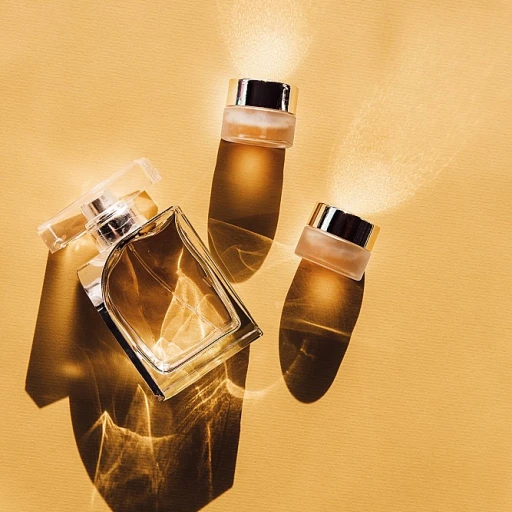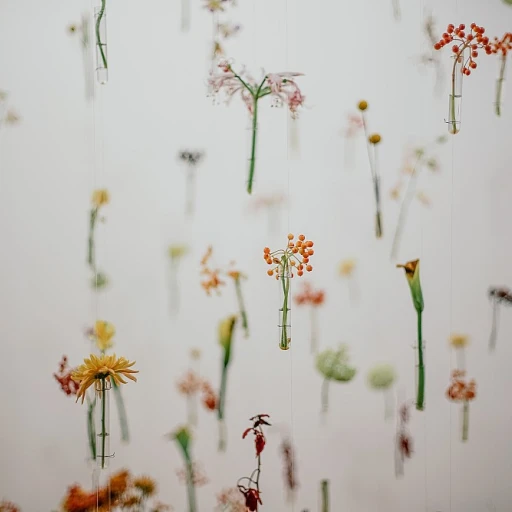The Science Behind Fragrance Longevity
The Mechanisms That Drive Scent Duration
Understanding the longevity of a perfume requires a dive into the science that governs scent. The effectiveness of a fragrance to last longer on your skin and offer a ceaseless olfactory experience is largely determined by its chemical composition and how it interacts with the environment. At the heart of this interaction are the fragrance oils and concentration levels in the perfume bottle, which play a pivotal role in the overall perfume longevity and scent throw.
Each eau parfum is formulated with a unique blend of essential oils and aromatic compounds that are usually dissolved in a specific ratio of alcohol. This concentration is what determines whether you have an eau de parfum, toilette, or cologne, each offering varying degrees of fragrance strength and duration. Typically, an eau de parfum contains a higher fragrance concentration, ranging from 15% to 20%, which allows it to hold its scent longer compared to an eau de toilette or eau de cologne.
When you apply perfume, it initially showcases its top notes, which are usually light and fresh but short-lasting. As the fragrance settles on your skin, it reveals the heart notes, responsible for the character of the perfume, and finally the base notes, which often deal chemical compounds that are heavier and more enduring. This layered release is a beautiful symphony of scent that contributes to how long a perfume lasts on the body.
The composition of the oils and the intricacies of these notes interact differently based on personal factors, such as your skin type and body chemistry, as well as external conditions like temperature and humidity. Each of these elements will impact how a fragrance will last. If you're curious about perfecting your choice, exploring the right palate of fragrances can be an enriching journey. The honest truth about fragrance will always be personal, much like choosing the perfect scent that resonates with your essence.
Factors Influencing Eau de Parfum's Staying Power
Variables That Shape the Stay of Your Perfume
Understanding what influences the staying power of your favorite eau de parfum can enhance your appreciation for its scent. Several factors affect how long a perfume will last, and these are crucial in determining the longevity of the fragrance you adore.
Firstly, the concentration of fragrance oils plays a pivotal role. Eau de parfum generally contains a higher concentration of these oils compared to an eau de toilette or eau de cologne, which naturally results in a longer lasting scent. A fragrant parfum can last hours more than its lighter counterparts, thanks to this key element.
Another significant aspect is the composition of the perfume, particularly the notes. Base notes, which provide depth, tend to linger on the skin longer than the top and middle notes. This element is central to the unique fragrance experience, ensuring each wearer enjoys the perfume's evolution over time.
The environmental conditions and the body's characteristics of the wearer are essential influencers too. Environmental factors like climate and humidity can alter how long a scent persists. Similarly, skin that is well-moisturized forms a better base for holding the fragrance oils, allowing them to last longer. Applying perfume to pulse points can also help in sustaining its presence.
Lastly, the storage of your perfume bottle can impact its shelf life. Keeping it in a cool, dark place helps prevent degradation. Well-preserved bottles ensure that each time you use the fragrance, it releases the rich and intended aroma.
For a deeper dive into the intricate world of fragrances, you might want to explore this tropical journey through scent to understand how certain fragrances create distinct impressions.
Tips to Maximize Your Perfume's Longevity
Mastering the Art of Fragrance Longevity
Enhancing your perfume's endurance is an art that goes beyond mere application. With a few techniques, your beloved eau de parfum can transition from being just a fleeting whiff to an enduring fragrance that leaves a lasting impression. Here are some insightful tips to maximize your fragrance longevity:
- Apply to Pulse Points: For your perfume to last longer, apply it on pulse points where the skin is warmer, like the wrists, neck, and behind the ears. This warmth helps diffuse and magnify the scent throughout the day.
- Layering Fragrance: Enhance longevity by using complementary products such as matching lotions or body oils. This not only creates a reservoir for the scent to cling to but also amplifies the overall fragrance concentration.
- Moisturize: Before spritzing your favorite eau, make sure your skin is well-moisturized. A hydrated body retains scent better, ensuring your perfume lasts longer. Opt for a fragrance-free lotion to avoid altering the scent.
- Keep it in the Bottle: Proper storage of perfume bottles can also affect how long your fragrance will last. Keep your bottles out of direct sunlight and extreme temperatures to preserve the integrity and longevity of the perfume.
- Select Eau de Parfum: Consider investing in eau de parfum with higher fragrance oils concentration. Compared to eau de toilette or eau de cologne, it generally provides a longer lasting experience.
By understanding these factors, you can ensure that your perfume choice not only matches your personal scent profile but also stands the test of time, enhancing your olfactory journey. For more tips on selecting perfumes, visit the allure of green bottled perfumes to explore unique recommendations.
Common Misconceptions About Fragrance Duration
Debunking Fragrance Longevity Myths
When it comes to fragrance longevity, there are numerous myths and misconceptions that can cloud one's understanding of why a scent lasts longer or fades away quickly. These common myths can lead to unrealistic expectations and misinformed choices when purchasing perfumes or deciding how and when to use them.
One prevalent myth is that the concentration of oils in a perfume directly determines how long it will last. While higher oil concentrations in fragrances like parfum and eau de parfum typically provide a more enduring scent than a toilette eau or a cologne, the reality is more nuanced. Various factors such as your skin type, the environment where you wear the fragrance, and even the specific blend of notes in the perfume all contribute to its overall longevity.
Another common misconception is that the scent you perceive immediately upon application is what determines its staying power. In fact, fragrances are designed in layers, often referred to as top, middle, and base notes. It's these base notes that ultimately determine how long a scent will remain on your skin, as they are usually composed of larger, heavier molecules that evaporate slowly over time. Therefore, a perfume bottle that initially smells strong and vibrant may not necessarily last hours longer than a more subtly scented eau parfum.
It's also believed that doubling the amount of perfume you apply will instantly make it last longer. While more can slightly increase the scent's presence, it can also lead to overpowering in the short term without significantly extending its long lasting effect.
The environment plays a crucial role in how a fragrance will last. Perfume longevity can be impacted by humidity and temperature, which influence the evaporation rate of the fragrance oils. Similarly, storing your perfume bottle properly is essential to maintaining its shelf life. Exposure to light and fluctuating temperatures can degrade the fragrance concentration, so it's best to keep bottles in a cool, dark place.
Misunderstandings about fragrance longevity often stem from attempting to apply a one-size-fits-all approach. In reality, successfully achieving lasting perfume largely depends on individual variables like personal body chemistry and the pulse points where a perfume is applied. Understanding these nuances enables perfume enthusiasts to make informed choices and expectations about their scent experience.
Comparing Eau de Parfum with Other Fragrance Types
Exploring the Differences in Fragrance Types
When choosing a fragrance, it's essential to understand the distinctions between various types, like Eau de Parfum, Eau de Toilette, and Eau de Cologne. Each has its unique concentration levels that determine how long a fragrance will last.- Eau de Parfum: Typically contains a higher concentration of fragrance oils, ranging from 15% to 20%. This makes it more long-lasting compared to other types, often lingering on the skin for hours due to its richer notes.
- Eau de Toilette: With a lower concentration of oils, usually between 5% and 15%, Eau de Toilette is lighter. While it loses some longevity, it offers a refreshing burst of scent that is ideal for daytime wear.
- Eau de Cologne: Generally the lightest with oil concentrations of about 2% to 4%, Eau de Cologne is ideal for a subtle, brief touch of scent. It serves well for a quick refresh during hot weather.
Personalizing Fragrance Longevity: A Unique Experience
Customizing Your Signature Scent Experience
While many factors influence how long a perfume will last on your skin, personalizing your fragrance experience is key to enjoying its true potential. Understanding how to maximize your eau de parfum's lifespan can transform how you wear it daily.
Everyone's skin chemistry is unique, and the interaction between your body and the fragrance oils within a perfume bottle can significantly impact the scent's longevity. Fragrance concentration alone is not enough to determine how many hours a perfume will last; your body plays a crucial role too.
- Pulse Points: Applying fragrance on pulse points like the wrists, behind the ears, and the neck increases its staying power. The warmth at these spots helps diffuse the scent more effectively.
- Moisturized Skin: Perfume lasts longer on well-moisturized skin. Consider applying a scent-free lotion before spritzing your parfum eau to enhance its persistence.
- Layering: Using complementary scented products, such as body lotions or shower gels, can amplify the fragrance's presence, allowing it to last longer throughout the day.
Moreover, the notes in a perfume determine how its fragrance will develop over time. Top notes are fleeting, but the heart and base notes truly define how long lasting the scent will be. Opt for perfumes with more robust heart and base notes if you prioritize longevity.
Remember, every perfume bottle is a unique creation, so don't hesitate to tailor your usage and application methods to suit your lifestyle and preferences. Embrace this personalization as part of your fragrance journey, allowing each bottle to deliver a long lasting and unforgettable scent experience.
